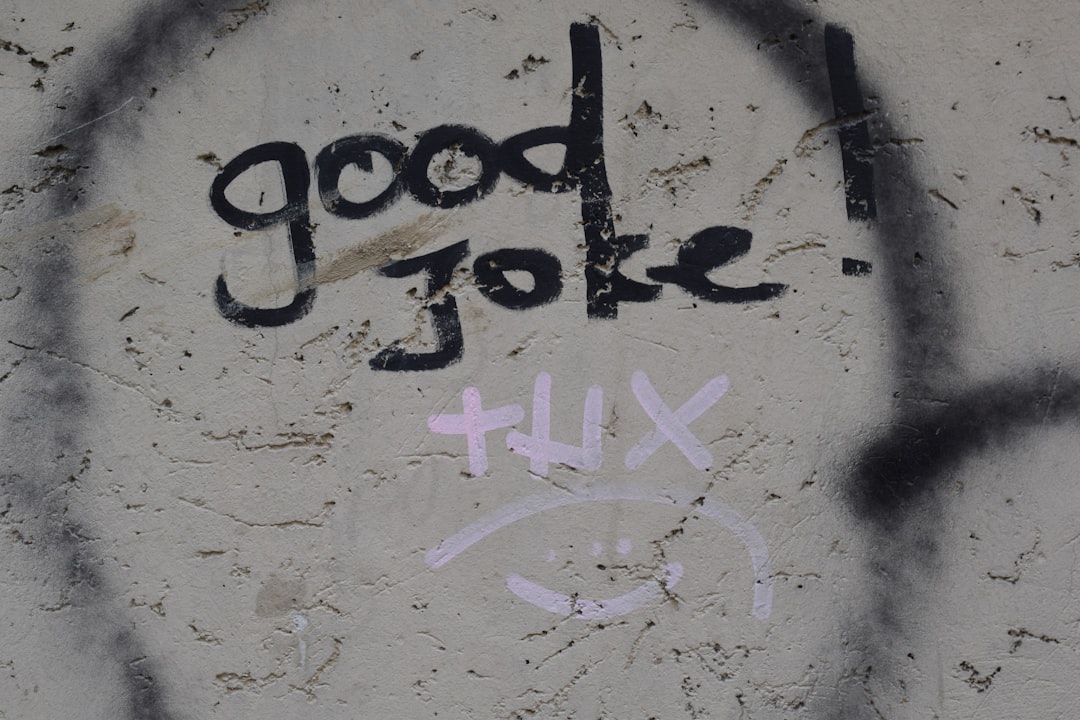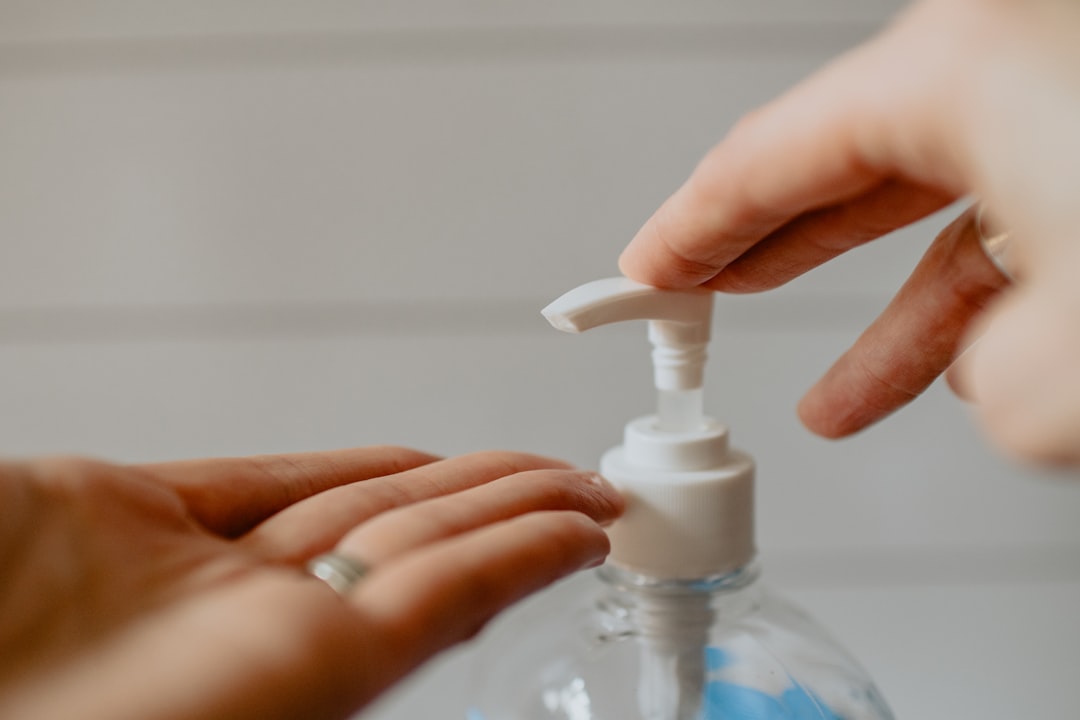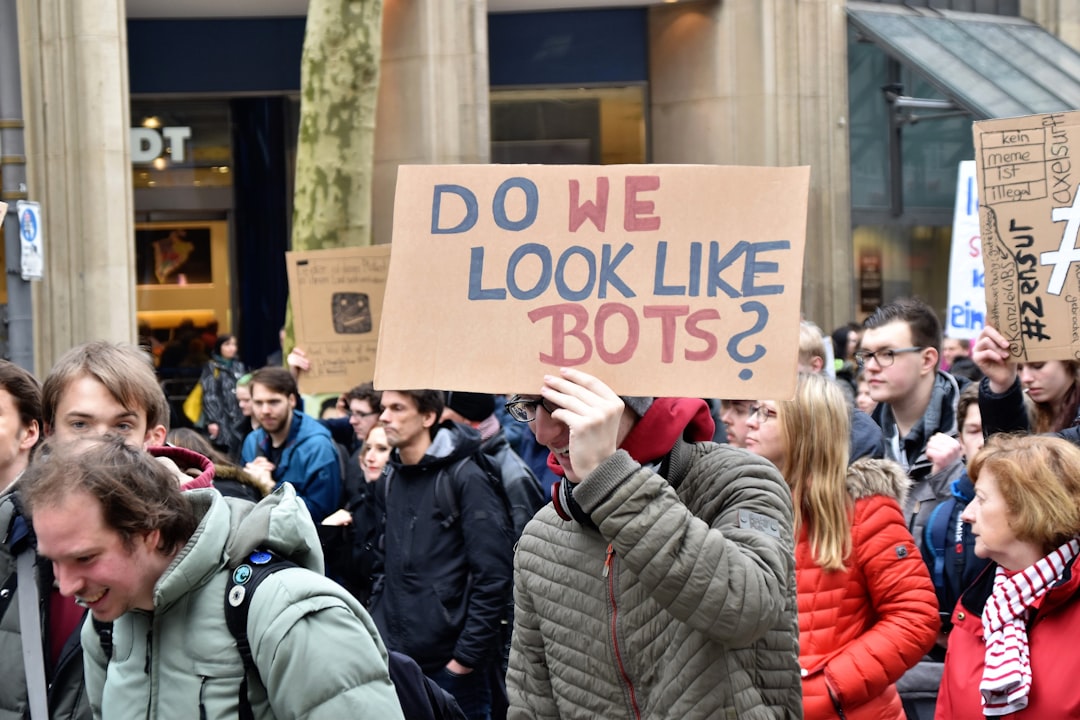Open Mics, Social Media, and Driving Comedy to the Right
I used to recommend open mics. Not anymore.

I got started doing standup in 2011. Since then I have heavily advocated for anyone with an interest in comedy to try it. I thought open mics were a relatively meritocratic arena and thus, an antidote to the internet where users are incentivized to attack creative people anonymously.
I was wrong. That impression was born in my blind spots. I regret advising people to go to open mics.
If you’re not interested in getting into the weeds of comedy or politics, this one might not be for you. But if you are, welcome. And I welcome your friends as well.
Open mics have always been hit and miss
It’s very hard to get laughs when you start. So, like a new chef trying to fix bland food by using too much seasoning, a lot of new comedians reach for spices like disgust or shock.
But because so many people are being urged by a prevailing right-leaning wind to voice every thought they ever had about race, gender roles, and how big business is actually good for us, I think open mics are far worse now than when I started.
And, because this is America, every public space is filled to the brim — in increasing order of certainty — with drugs, alcohol, and guns.

Let’s Add Guns to This
Back in July of 2022, in Charlotte, NC, a man came to a comedy club where the hilarious Craig Robinson was about to perform. The man came with a gun, for some reason, told everyone to leave, then shot his gun inside the club. The gun guy was later arrested. Nobody was hurt.
All of that is bizarre and terrifying enough, but the results were arguably even more insane.
Here in Atlanta, members of an open mic comedy community I belonged to began telling one another they needed to carry guns to the comedy clubs in order to keep themselves safe. They shared tips on where to buy used guns and ammo.
When I suggested that maybe the answer might be fewer guns rather than more guns, I was laughed out of the chat.
These people go to a lot of open mics.
But forgetting about guns — which is a totally normal thought one has to have just to go about life in the US — what about just posting stuff on the internet?
A Series of Tubes
So much of what comedy writers do now is on the internet. I realize that the mere inclusion of the word, “now,” here reveals me as a fossil. Fair enough.
Still, posting stuff on the internet is, or seems, the best way to get new eyeballs on your work. I have been doing it since 1995 and I’m still doing it. You have to give away an ocean of your effort to have any hope of growing a small island of an audience.1 Or, so we're assured.
Problem is, everyone on the internet knows they are comedy experts and will readily tell you as much. A lot of people operate multiple accounts and are happy to use them all to shit on you.
That’s one reason why I advocated for open mic standup comedy. I believed it to be a relatively democratic forum where anyone saying something funny could get a laugh. And that laugh, I argued, would be with that comedian forever. So the next time an internaut figuratively defecated on their work, they could think to themselves, even if they didn’t get laughs today, “I’ve heard the laughs in person. I am funny.”
I no longer think it’s worth the risk to try open mics. The above egalitarian ideal might have been true for me, a cis straight white male, but not everyone is those things.
Like I said at the top, the reason I ever thought it was safe is blind spots, and I regret them.
Is there any hope of fixing the internet for comedy?
The Growth Curve
Social media platforms, like most companies, are interested in:
Growing their customer base
Growing their revenue
Dodging regulation.
At the user level, on the socials, this means everyone is invited to participate (Like! Comment! Subscribe!) anonymously. Each of those transactions is valuable to the social media companies because each proves you’re a real person and gives them insight into what you like which they can sell to advertisers.
The socials, mostly, don’t care whether a given 20 accounts are steered by 20 people or one. In fact it’s better if you have 20 accounts because that’s more “real” “people” they can report to advertisers.
It’s the transaction that is valuable to socials, not the result. But for artists, and indeed everyone in the world who isn’t a corporation, the results very much matter.
Update: I showed this post to Cory Doctorow, who has written a lot recently about what he calls “enshitification.” He pointed out that for some groups anonymity is crucial, and that some movements, such as #metoo, wouldn’t have happened without it.
That is a great point and I don’t know where the middle ground might be between having space for movements like that (or, in other words, the baby) and preventing groups who hope to do the marginalizing from benefiting from anonymous multiplication (the bathwater).

The Prevailing Wind
The socials companies could mitigate, if not eradicate, these problems but that would hurt their revenue. For some reason, we let them hand-wring about how hard the problem is without making them even try.
Granted, it would cost them money. They’d have to hire moderators, and they’d slash their own user-base by banning alts and bots. Those alts and bots pump up the sort of metrics the socials companies share with advertisers.
At the risk of sounding like a capitalist, though, businesses have costs. Why are we letting these people make nation-sized fortunes while giving literally nothing back?
Regardless, the result, way down here on the ground, is that there is a prevailing wind. If you can ride that line of controversy and sound like you’re against regulation, corporate taxes, healthcare, e.g., while keeping plausible deniability, the wind will blow you along.
It’s their money that drives advertisement and advertisement that drives media.
Even so, by using the prevailing wind and even crystallizing it into outlets like Fox, Newsmax, OAN, and personalities like Jones, Rogan, Burr, the right is able to make a hobbled horse hobble along.2 Audiences get trained that it’s okay to laugh at right-leaning “edge” jokes. Comedians get trained that they can craft those jokes.
Where is this going? My guess would be it’s going toward a public that realizes existential truths that still don’t get addressed.
Hey, did we ever fix that climate thing?
How COVID Pushed Standup Rightward
One of the things that really drove comedy right during the “lockdown,” and for the years since, is that pre-pandemic comedy clubs operated on a razor thin margin. In order to survive, they had to take a pretty cavalier attitude toward COVID.
We all saw it during the pandemic. Some people went on like nothing was happening. Others didn’t leave home for a couple of years. Comedy clubs had to do their best to survive based on the attendance of people willing to attend. And comedians, during that time, learned to say the kind of jokes that would appeal to those crowds.

The Comedian’s Dilemma
Like comedians, politicians are in a tough spot. They have to try to serve the moneyed elite (because campaign funds) while also playing to the people (because voting still matters). Crazy thing is, if you were an actor on the rise and you did exactly the same things some politicians do, your career would crater. That’s what happened to Gina Carano. She deserved what she got, but she didn’t go near what some sitting Republicans say or do.
This discrepancy exists because politicians can rely on a geographically categorized audience and people in entertainment can’t. Even so, as a comedian, you do probably want to do a different set in Houston than you do in San Francisco.
This is forcing pro comedians into a neither-here-nor-there stance where they need to be as appealing as possible to worldwide networks and advertisers while still taking shots at right wing targets like Dr. Fauci, trans people, etc. so they don’t seem out of touch.
If you seem too “woke,” your ticket sales and streaming revenue in a lot of the country could crater. But if you get too transphobic or anti-vaccine, you could face some tough questions from the science/LGBTQ+ friendly folks at your preferred streaming network.
It is a line to ride. And if you choose to ride it on the right-leaning side, the prevailing wind will be there for you.
Great. So what do I do?
Look, it’s wrong to be mean even if people laugh. And we seem to be collectively realizing that social media didn’t do anything for us and maybe we should just get off it.
Honestly, I’m tempted to start a newsletter just like this one but using right-leaning ideas. When it immediately eclipsed the popularity of The Laughing Gallows, I’d reveal it as a hoax and all my dipshit MAGA fans would cry.
Except, I fear, that’s not what would happen. I’m afraid I would do exactly what the social media companies do.
I’d look at the money, think of all the stuff I could do with it — such as afford to live through the serious health problems I will undoubtedly face in the coming decades — and say, well, why not just be a little edgy. Just this once.
After all, it’s the transaction here that’s important. Not the result.
Thank you for being my island. It means a lot to me.
Just want to note that Rogan and Burr, right leaning though they may be, both very much have comedy chops.






Having tried and failed to write a compelling yet reasonable post, I gave up. Sharing, because you have made a great point.